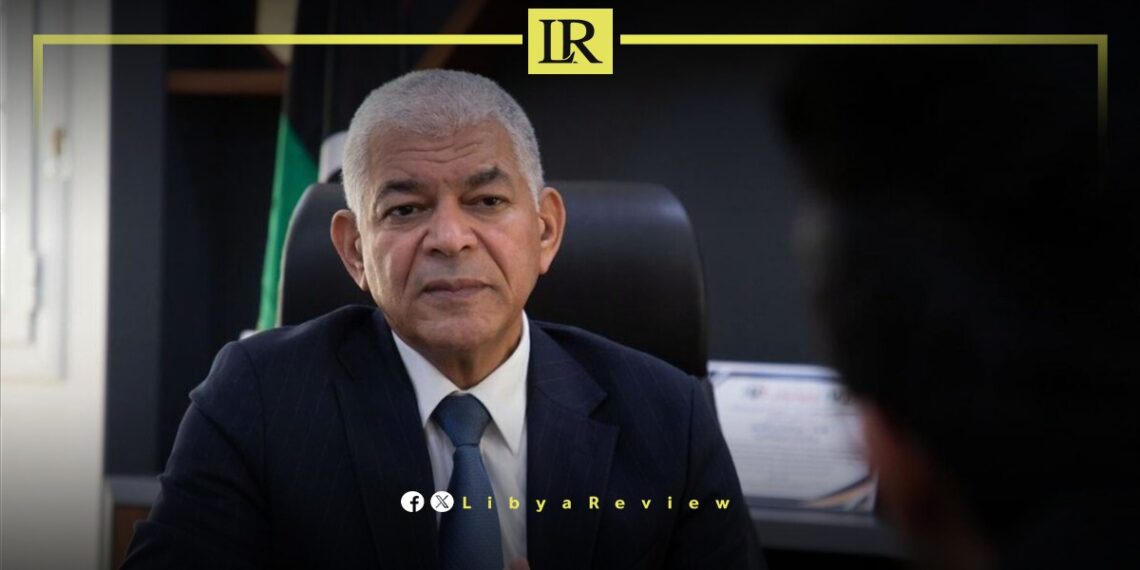Libyan Investment Minister of the Parliament-designate government, Ali Al-Saadi, expressed hope for the return of the Russian company tasked with implementing the “Misrata-Benghazi” railway line to resume its work in Libya.
Al-Saadi told Russia’s news “Sputnik” that many tools for this project had been laid out, but after 2011, many things were stolen, emphasizing the need for railway lines.
During the Kazan Summit in Russia, the Libyan minister intends to revisit discussions regarding the project, highlighting its mutual benefits.
The Libyan authorities had previously agreed with a Russian company in 2008 to implement a railway line project from Misrata to Benghazi, which was halted after the 2011 events.
Recently, Libyan authorities have been striving to revive infrastructure projects, especially railways, in collaboration with foreign companies, particularly Russian and Chinese firms, recognizing their significance in driving the national economy forward.
In February, Al-Saadi signed an agreement with the Chinese coalition of companies “BFI” and the Railway Implementation and Management Project to execute a railway track from Benghazi to the border municipality of Imsaed, then to the Egyptian city of Marsa Matrouh.
The agreement was signed at the ministry’s headquarters in Benghazi and will be implemented once the approved maps are received from the Railway Implementation and Management Project.
The ministry stated that the agreement will bring significant advancements to the transportation sector, particularly as Libya lags behind in land transport and railways.
On Monday, Russian Foreign Minister Sergey Lavrov received a high-level Libyan delegation, including the Acting Foreign Minister of the Government of National Unity (GNU), the Deputy Head of the Presidential Council, and the Chief of Staff of the Libyan Army stationed in the west of the country.
The Libyan Foreign Ministry stated that various issues of mutual interest were discussed, particularly those related to cooperation in the fields of politics, economics, and security.


